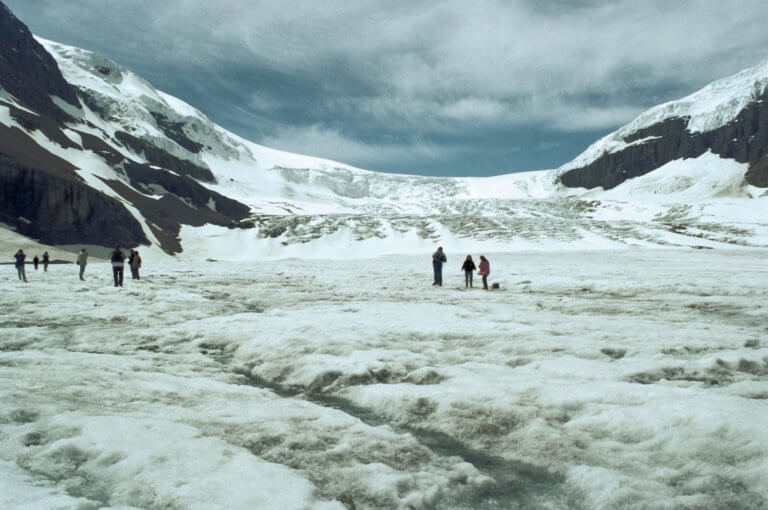Company launches eco-bricks that ‘absorb carbon
A start-up company in Sheffield has launched environmentally-friendly bricks which absorb and permanently store greenhouse gases.
Materials developer earth4Earth, based at Sheffield Technology Parks, said the bricks capture carbon dioxide from the air around them but are also manufactured using methods which do not produce it.
The first batch is now being used in pilot projects across Sheffield.
Find out more here: https://www.bbc.co.uk/news/articles/c8739gvn7gzo
Unique 1.5m year-old ice to be melted to unlock mystery
An ice core that has been estimated to be over 1.5 million years old could hold vital information about the Earth’s climate.
Scientists in the UK have received this ice block and intend to melt it to unlock this information. The glassy cylinder originates from deep inside the Antarctic ice sheet. Frozen inside is thousands of years of new information that scientists say could “revolutionise” what we know about climate change.
Over a period of seven weeks, the ice block will be melted slowly, releasing ancient dust, volcanic ash, and even tiny marine algae called diatoms that were locked inside when the water they were in turned to ice. These materials can tell scientists about wind patterns, temperature, and sea levels from over a million years ago.
The ice block could also contain evidence of a period of time more than 800,000 years ago when carbon dioxide concentrations may have been naturally as high or even higher than they are now, according to Dr Liz Thomas.
This could help us understand what will happen in our future as our planet responds to warming gases trapped in our atmosphere.
“Our climate system has been through so many different changes that we really need to be able to go back in time to understand these different processes and different tipping points,” she says.
The difference between today and previous eras with high greenhouse gases is that the current trend of high greenhouses has been man made and has occurred rapidly in the last 150 years. That is taking us into unchartered territory, but the scientists hope that the record of our planet’s environmental history locked in the ice could give us some guidance.
July 2025 was third hottest July on record
July 2025 was the third-hottest July on record, with climate experts warning of the stark dangers of increasingly warmer summer heatwaves across the globe.
Temperatures reached 1.25°C above pre-industrial levels, lower only than the last two years which have been reported as the two hottest July’s in recorded history.
Copernicus (the from EU’s climate watchdog) has published a new report that stated that the planet’s surface temperature for July stood at 16.68°C, 0.45°C above the 1991-2020 average for July.
While this is a slight decrease in an otherwise continuous upwards trend, scientists have been quick to caution that a “pause” in record-breaking heat does not indicate the end of climate change.
